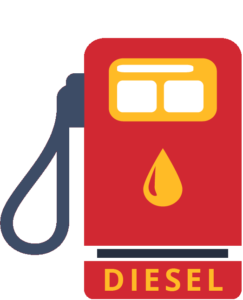The Canadian Trucking Alliance (CTA) is calling on federal and provincial finance ministers to address a series of priorities as diverse as tax evasion, carbon taxes, and infrastructure needs, ahead of an expected meeting of the lawmakers.
Topping the list is a call to address the Driver Inc. business model, which funnels tax dollars into the underground economy. The model involves misclassifying employed drivers as contractors in a bid to avoid tax obligations.
“CTA is asking finance ministers across Canada to take leadership roles and show these unscrupulous companies that cheat the system that the Canada Labour Code, and federal and provincial tax compliance obligations are not optional in this country – it’s the law,” said CTA president Stephen Laskowski.
“There are at least tens of millions of dollars in unpaid EHT [provincial employer health taxes] that are robbing our society and citizens of better health care.”

The alliance estimates there are 50,000 truck drivers in provinces with EHTs, which it says would mean the business model denies government coffers $46 million to $160 million a year.
“When also considering the evasion of payroll and personal taxes, as Driver Inc. carriers often do, the financial loss to our citizens is in the billions,” Laskowski said.
Fighting the carbon tax
CTA also noted the federal carbon tax serves no policy outcome and only results in higher fuel costs.
“To implement a carbon tax on diesel fuel meant to incentivize our members to switch to non-diesel engine alternatives is both unfair and unrealistic and serves no purpose other than contributing to higher inflation for everyone,” Laskowski said, referring to a lack of suitable substitutes for diesel engines.
The alliance also outlined critical infrastructure projects identified by member provincial trucking associations.
“There can be no better return on investment than helping to improve our road system that benefits the competitiveness of every sector in the Canadian economy and promotes future investment in these companies by protecting and ensuring our driving community has a safe place to work and rest,” Laskowski said.







